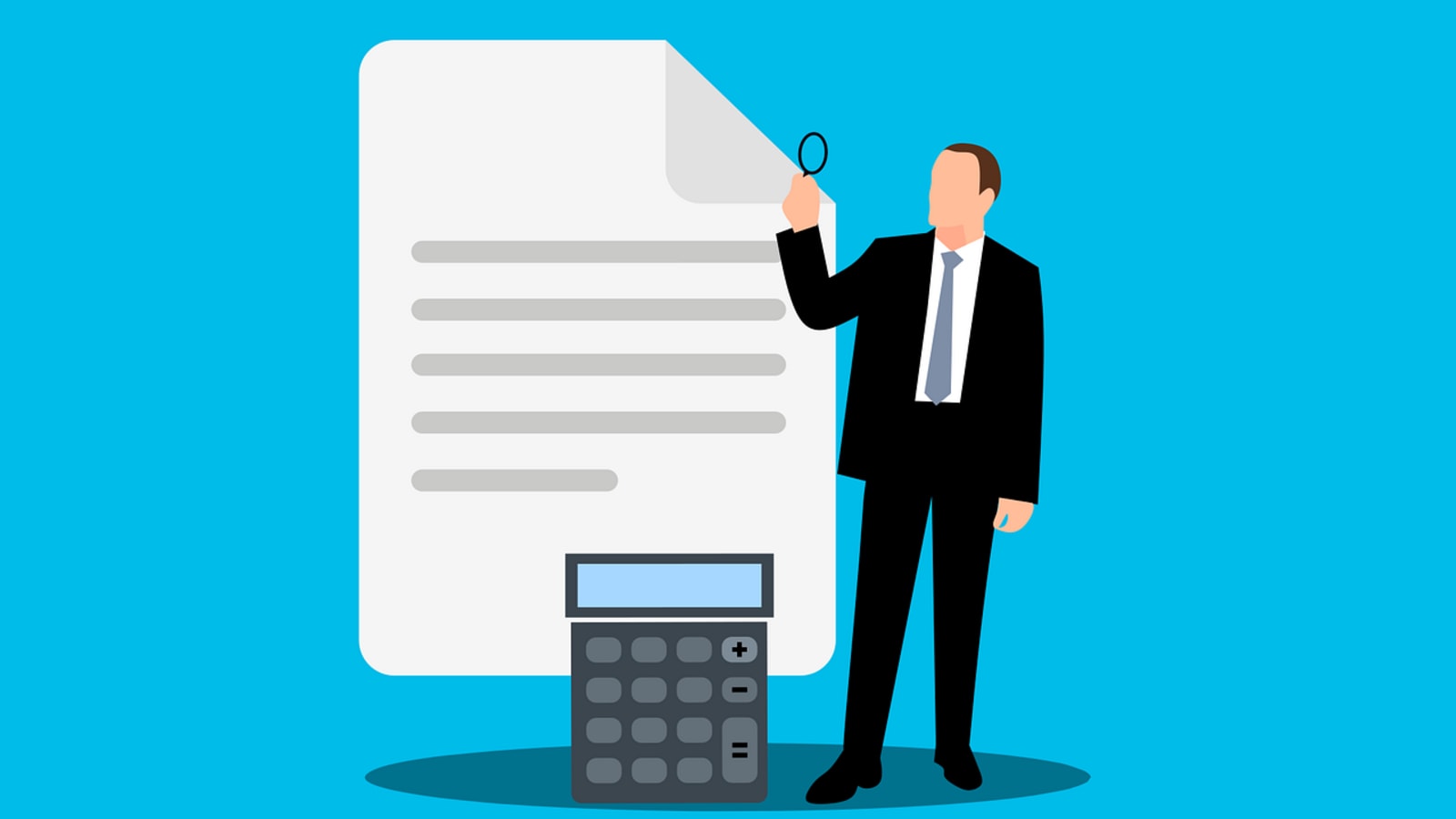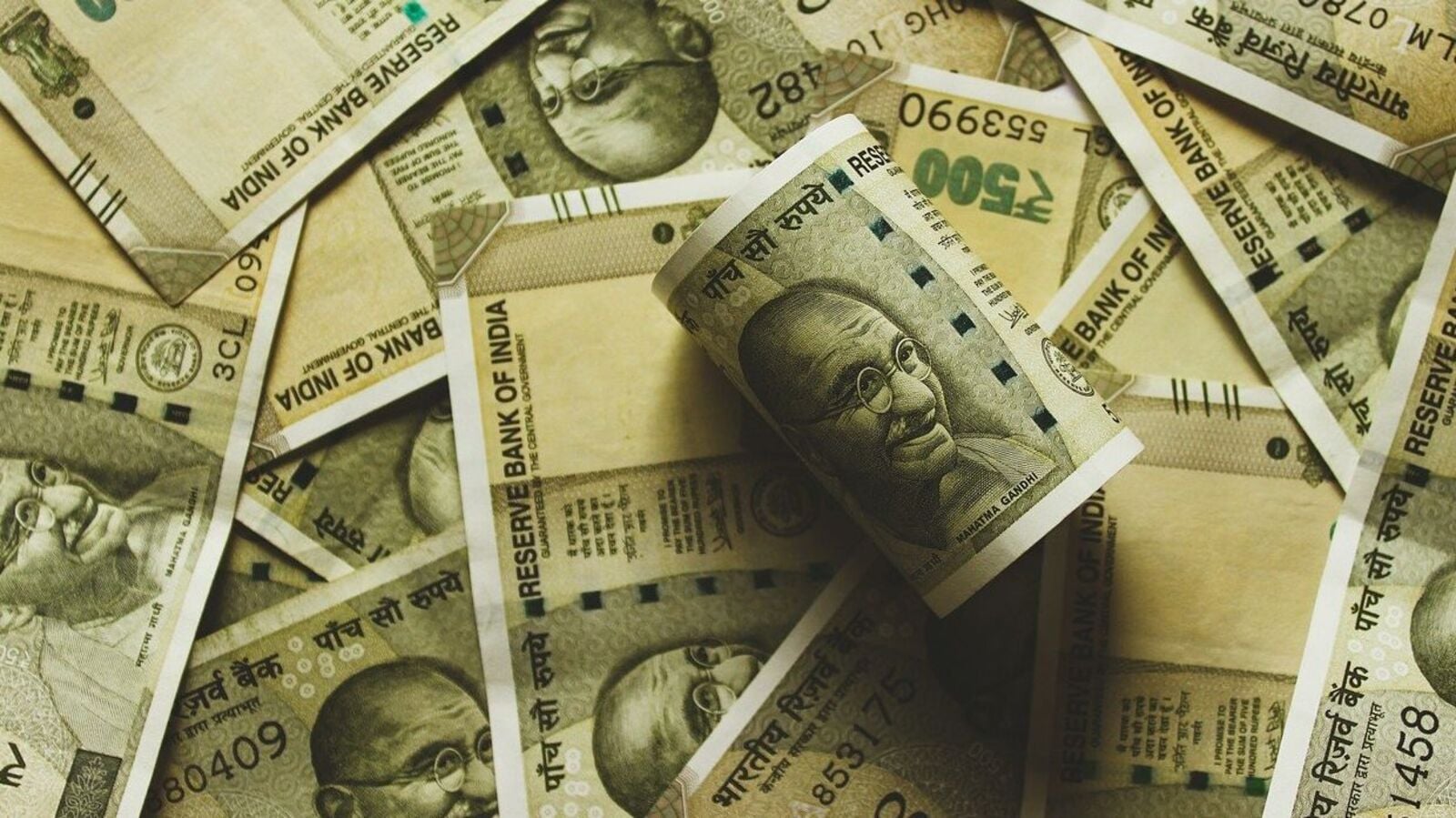I plan to opt for the new tax regime while filing my ITR for AY 2025-26. I am currently under the old tax regime, so the 12% of my salary to the Employee Provident Fund (EPF) will continue for the rest of the financial year. Is it true that I cannot claim tax exemption on my EPF contributions? If I opt for the new tax regime at the start of financial year 2025-26, can I request my employer to stop deducting the 12% EPF contribution from my salary, or is this contribution mandatory regardless of the tax regime? Does the choice of the new tax regime mean that the tax status of EPF exempt-exempt-exempt (EEA) will no longer apply? In other words, will the tax-free nature of EPF contributions, growth and withdrawals be affected by the new regime?
Under the new regime, you cannot claim the deduction on your contribution to EPF. However, your employer’s contribution of 12% of salary will remain exempt in your hands even under the new tax regime, subject to the general limit of employer’s contribution to PF and NPS of ₹7.5 lakh per year. If your salary is higher ₹15,000 upon joining, although you could have chosen not to register as a member with PF, once you opt for PF, you cannot unsubscribe during the period of your service. Therefore, even though your contribution to PF deducted from your salary is no longer deductible under Section 80C of the Income Tax Act, you must continue to make your contributions to PF during the period of your service.
However, you can choose to reduce your voluntary contribution to PF, i.e. the PF contribution over 12% of ₹15,000. If that is your monthly salary ₹60,000, your monthly contribution of ₹7,200 can be reduced to ₹1,800 (12% of ₹15,000). This is an option only if you have contributed voluntarily for at least five years as you cannot cancel the voluntary PF within a period of five years from the start of such contribution. The employer is also not obliged to contribute more to PF ₹1,800 per month.
When reducing your PF contribution, you must keep in mind that the employee contribution cannot be lower than the employer contribution. You need to analyze whether such an option is beneficial to you as a reduction in PF contribution by the employer (which would otherwise be exempt) would result in an increase in your taxable salary as the employer would then pay you a taxable compensation for compensation.
EPF remains partially EEE; there is an exemption for employer contributions, an exemption for interest earned and a withdrawal exemption (all exemptions are subject to thresholds), even under the new tax regime. Only the employee contribution to PF is no longer tax deductible under the new regime.
Mahesh Nayak, Chartered Accountant, CNK & Associates











